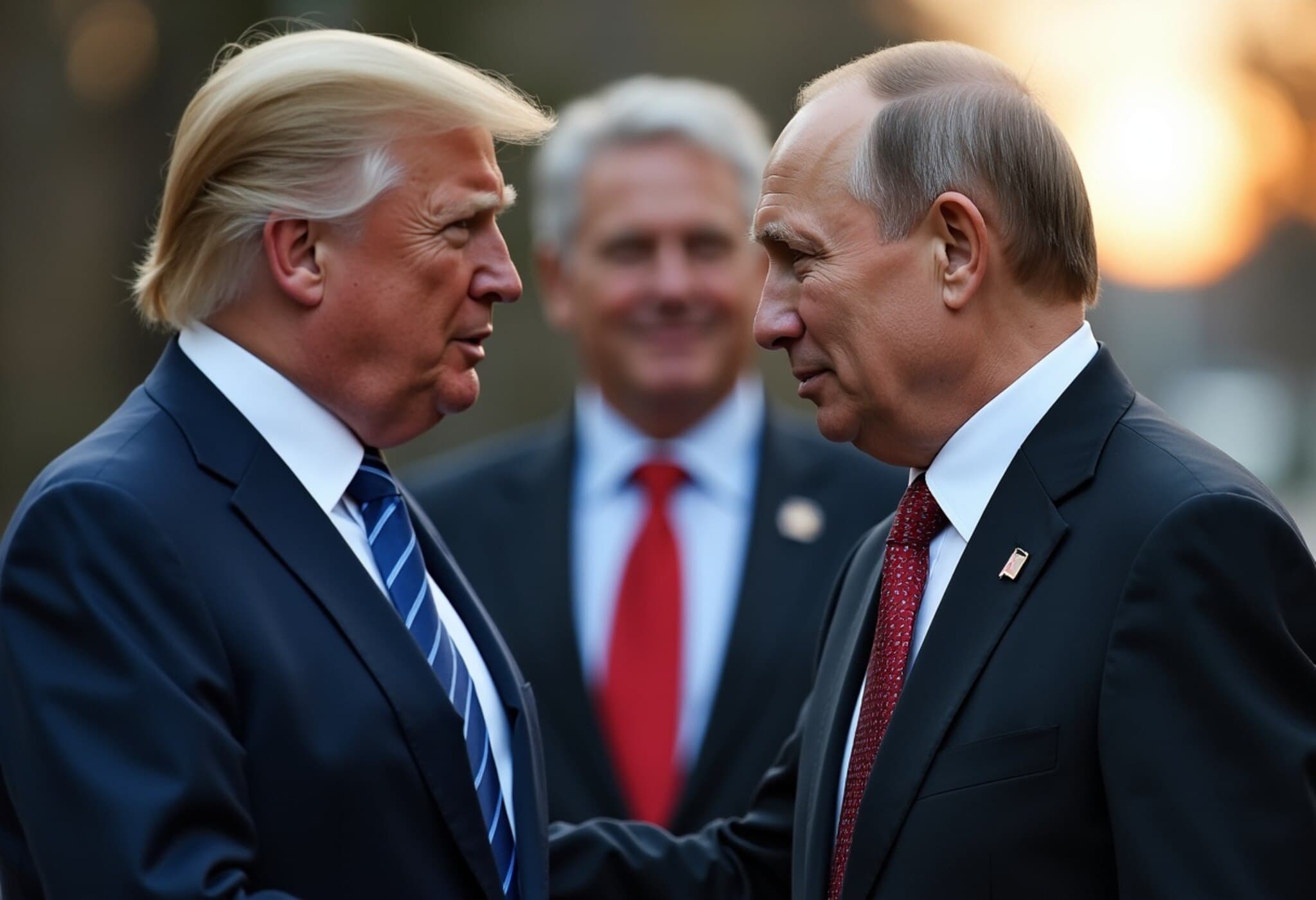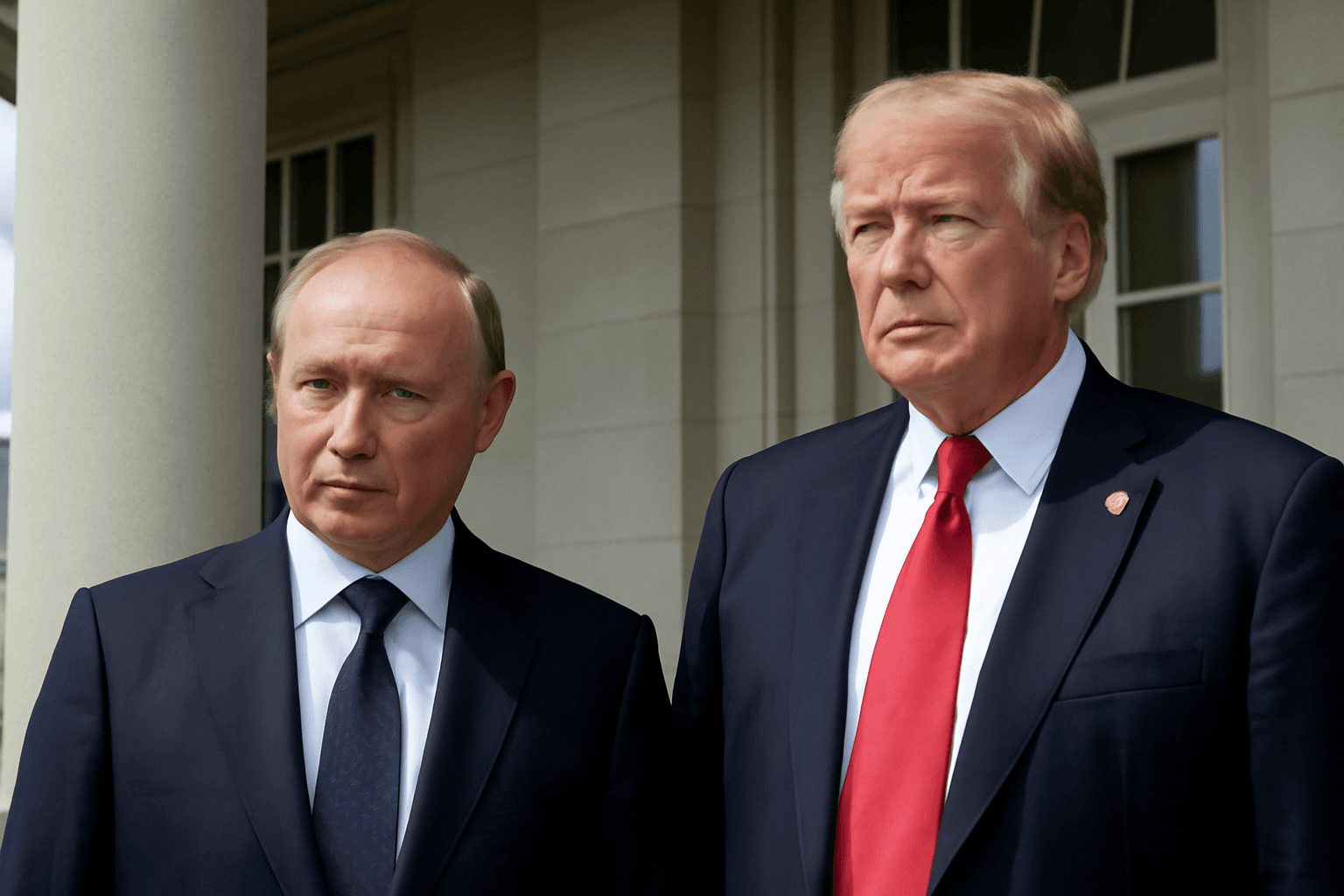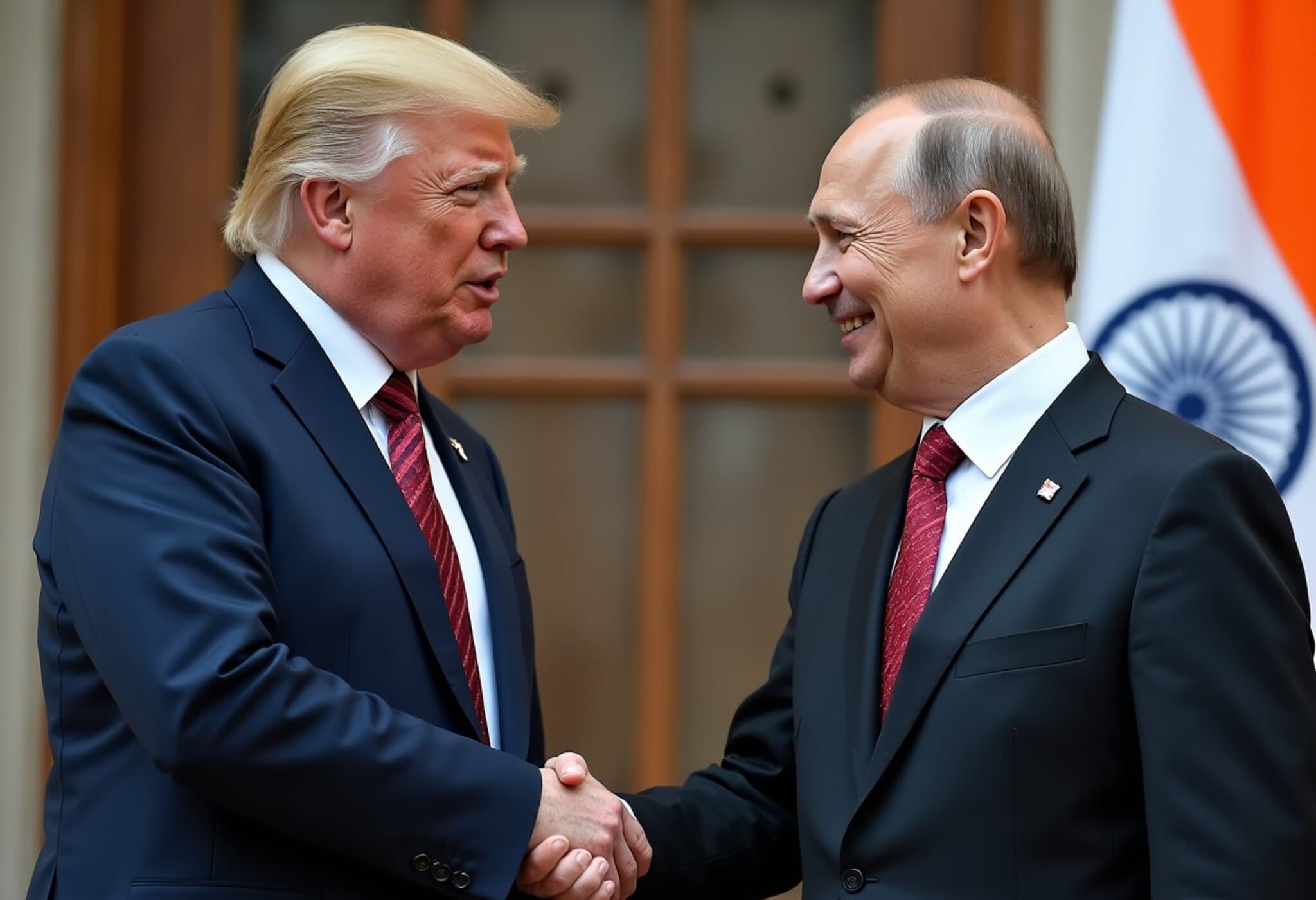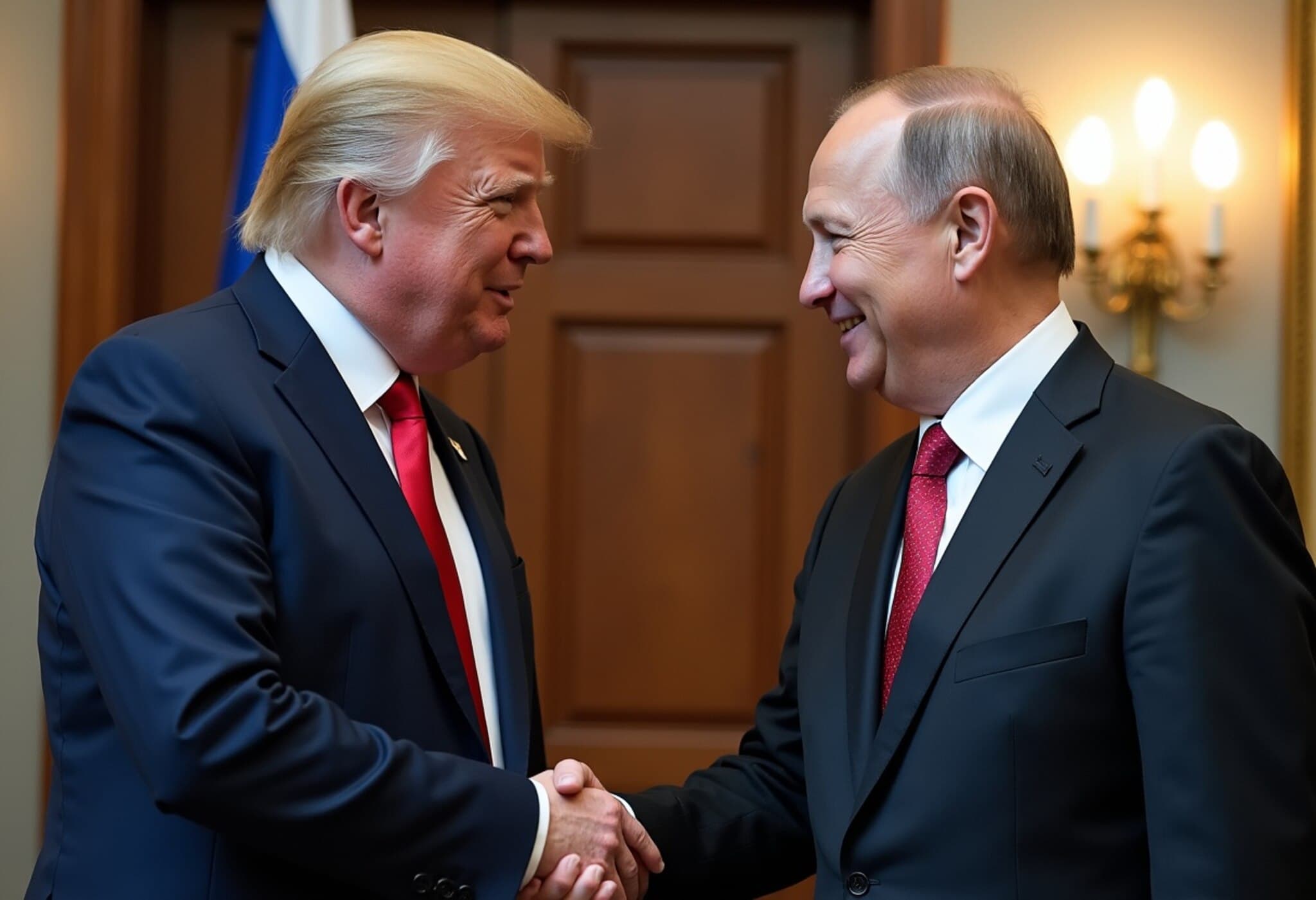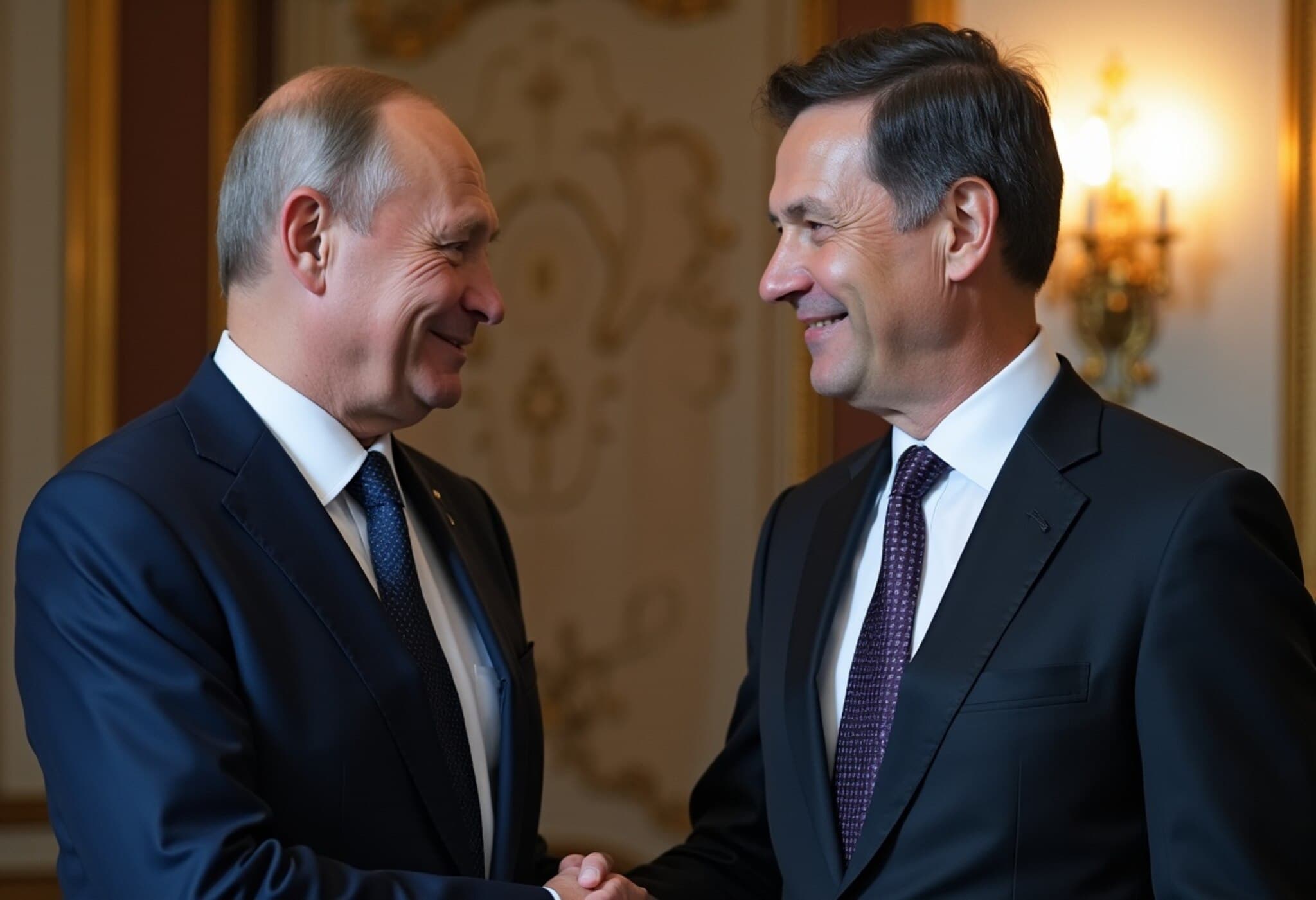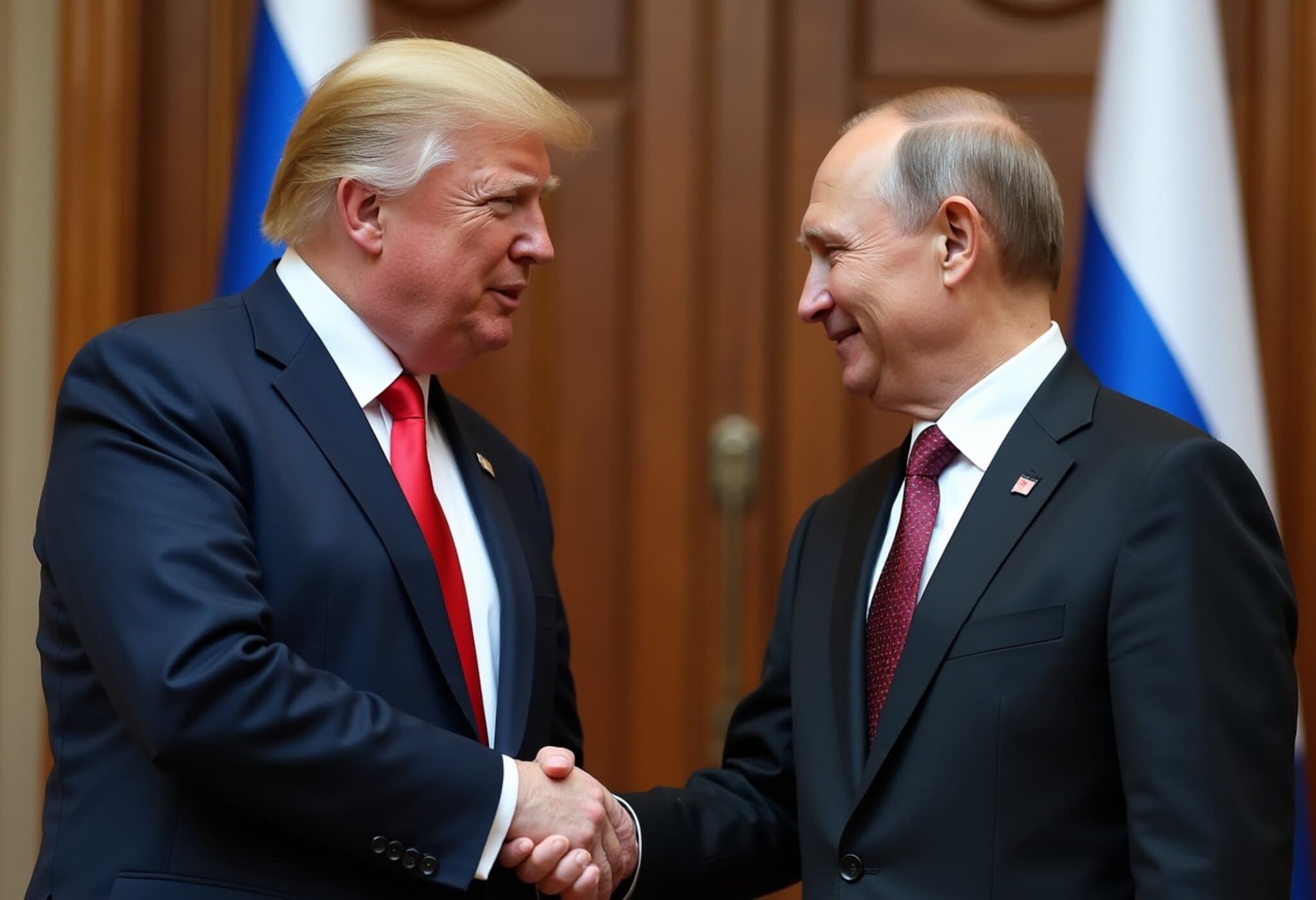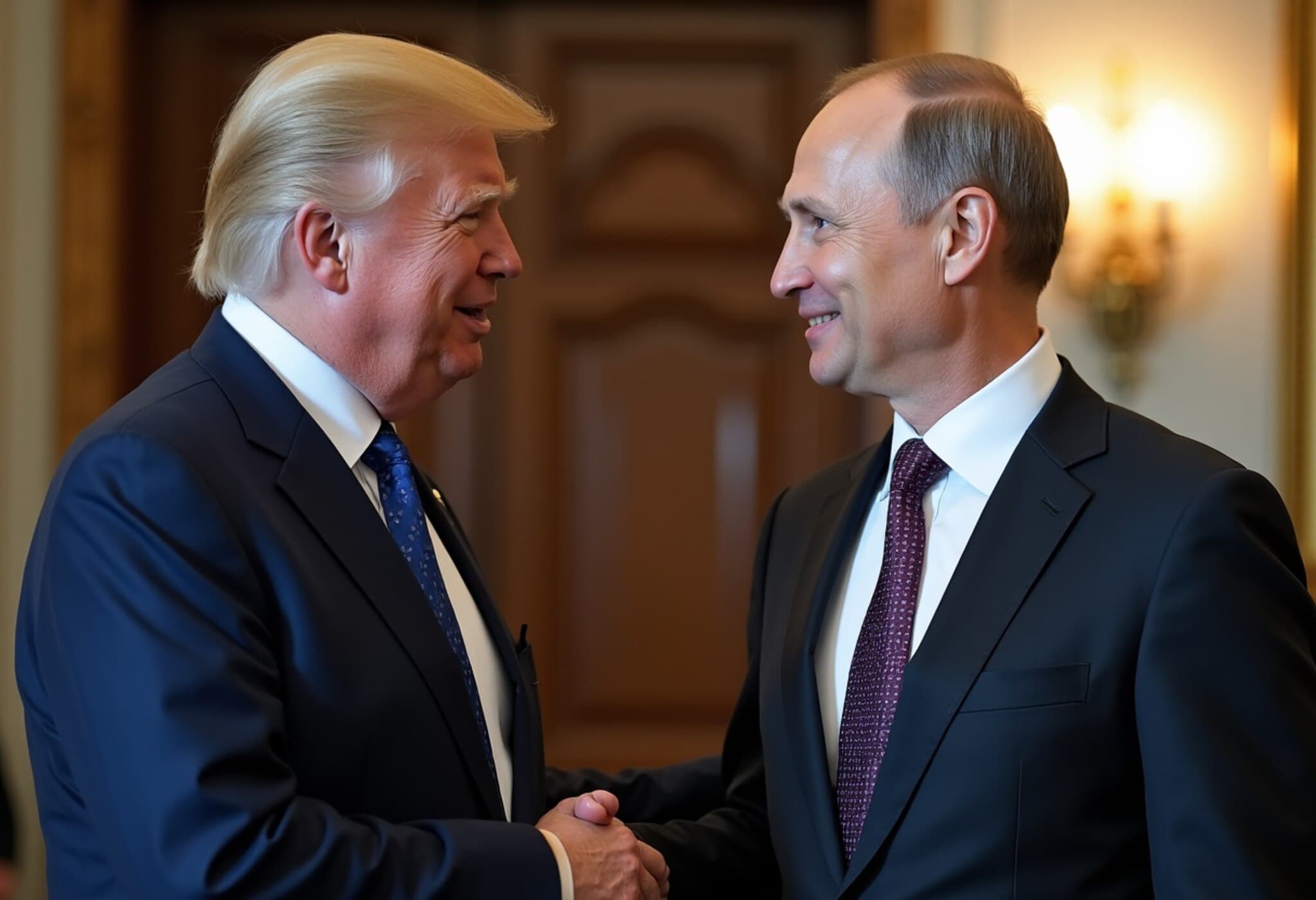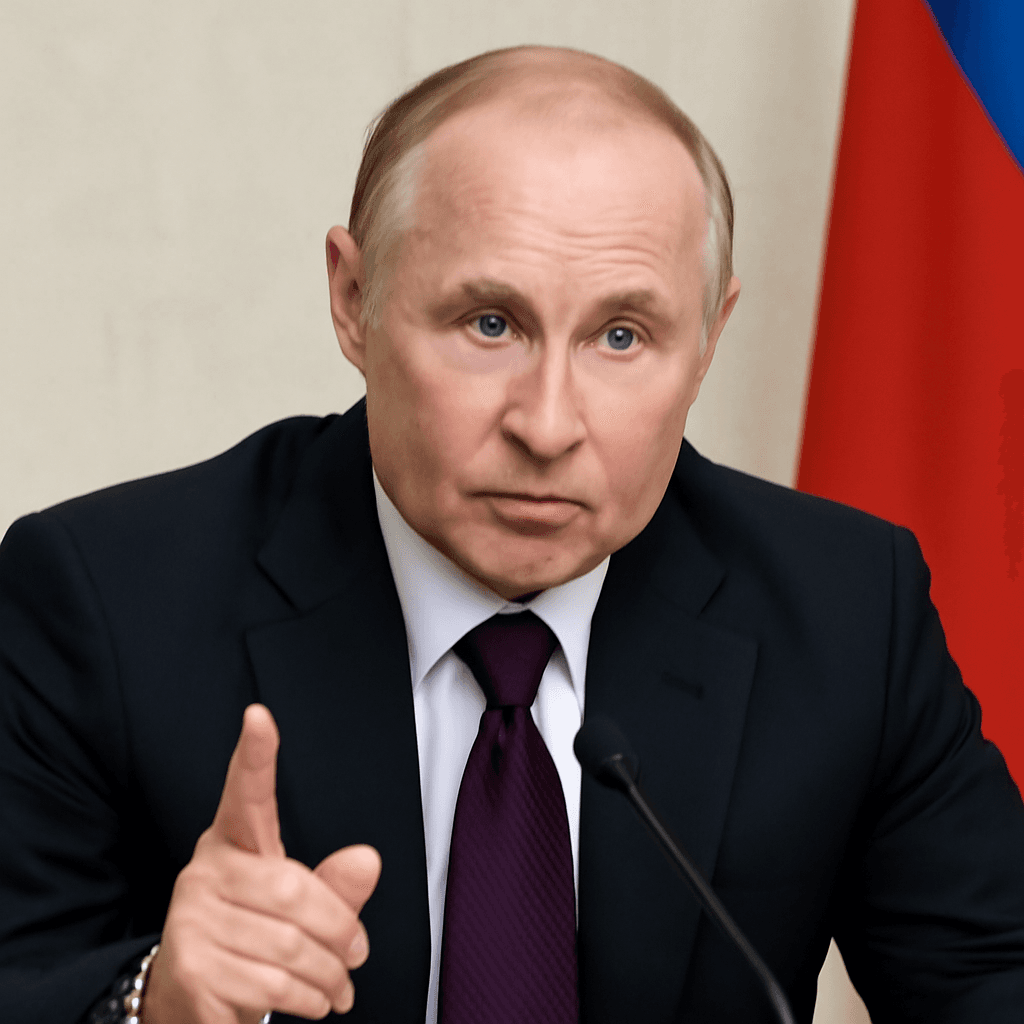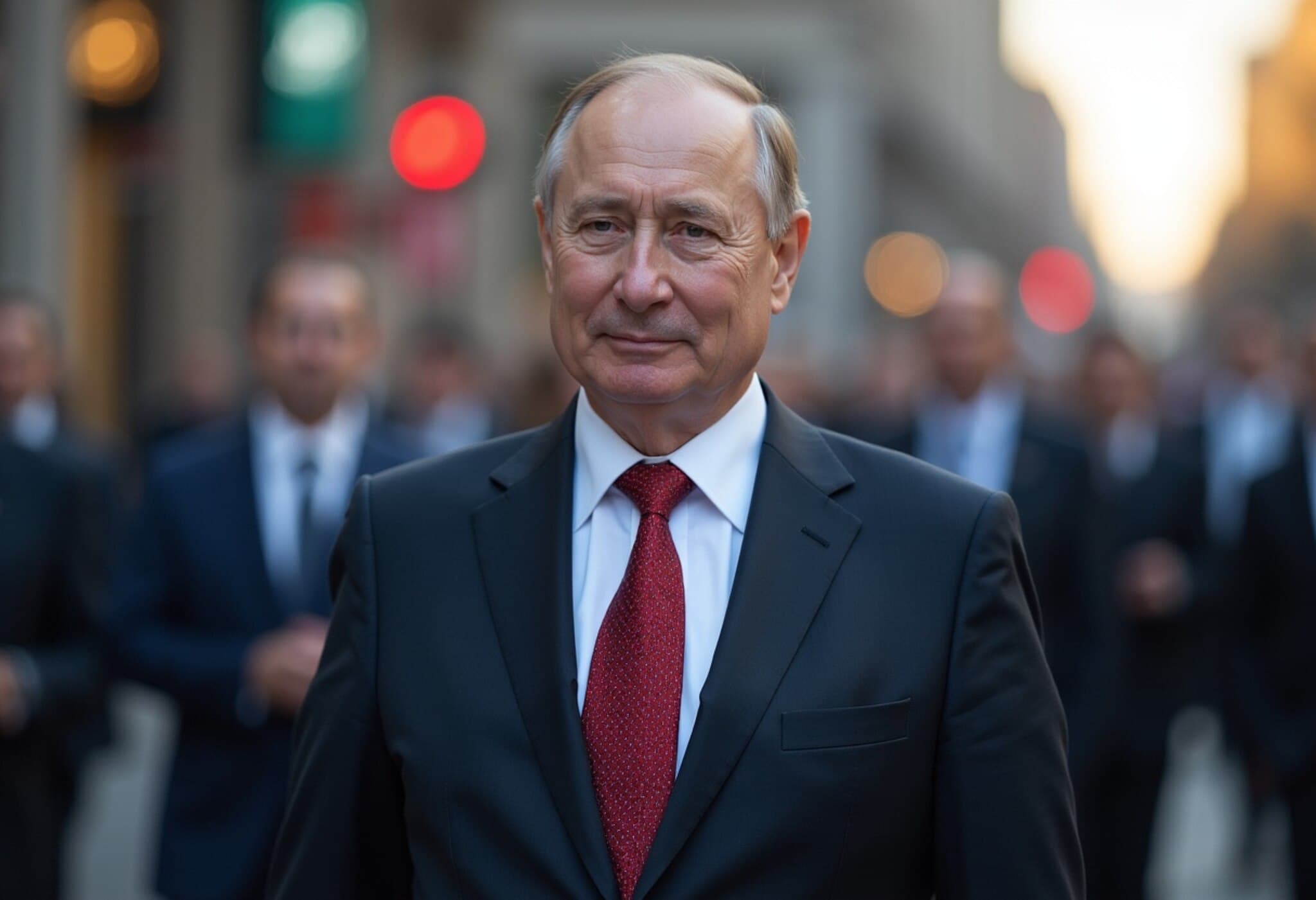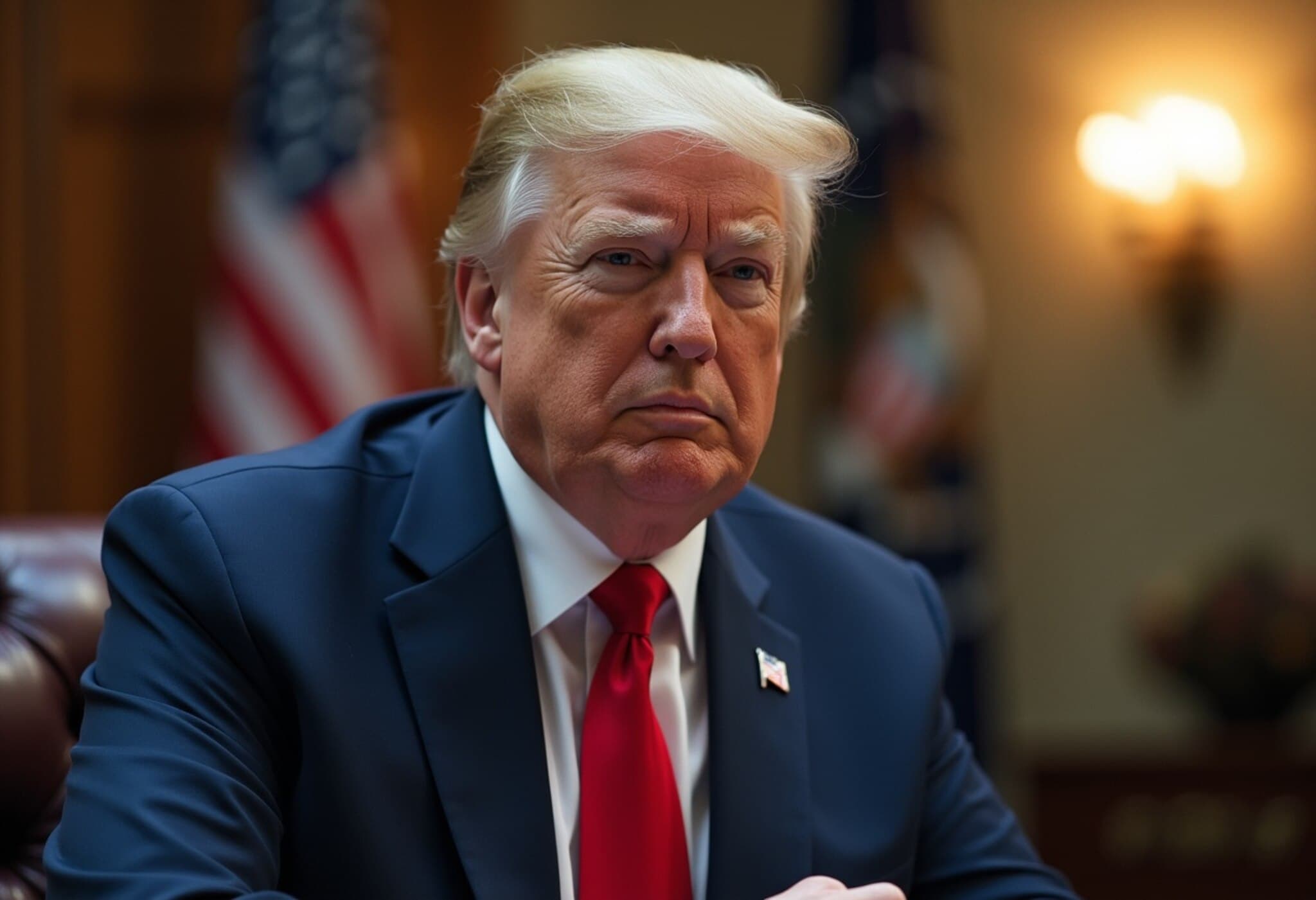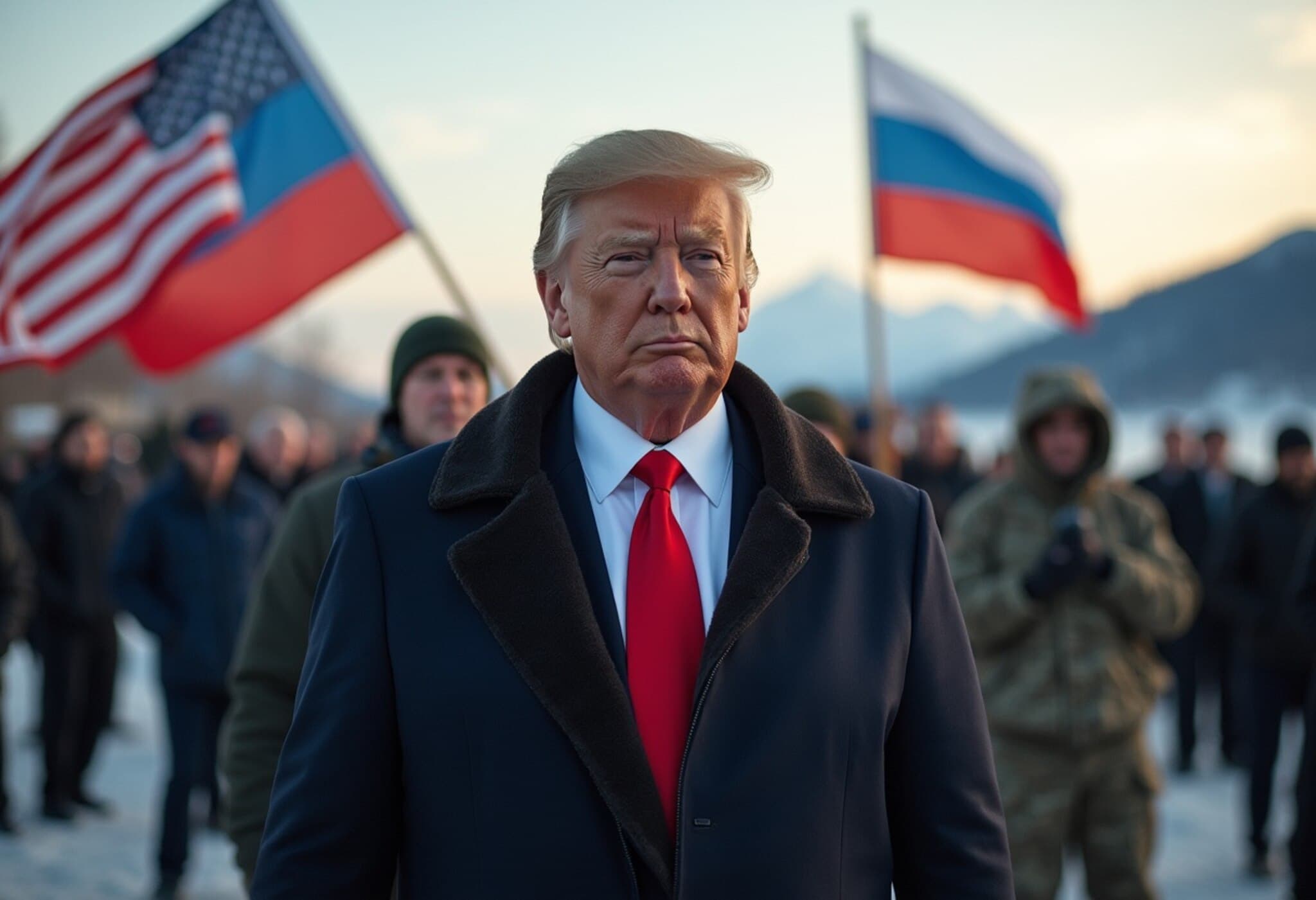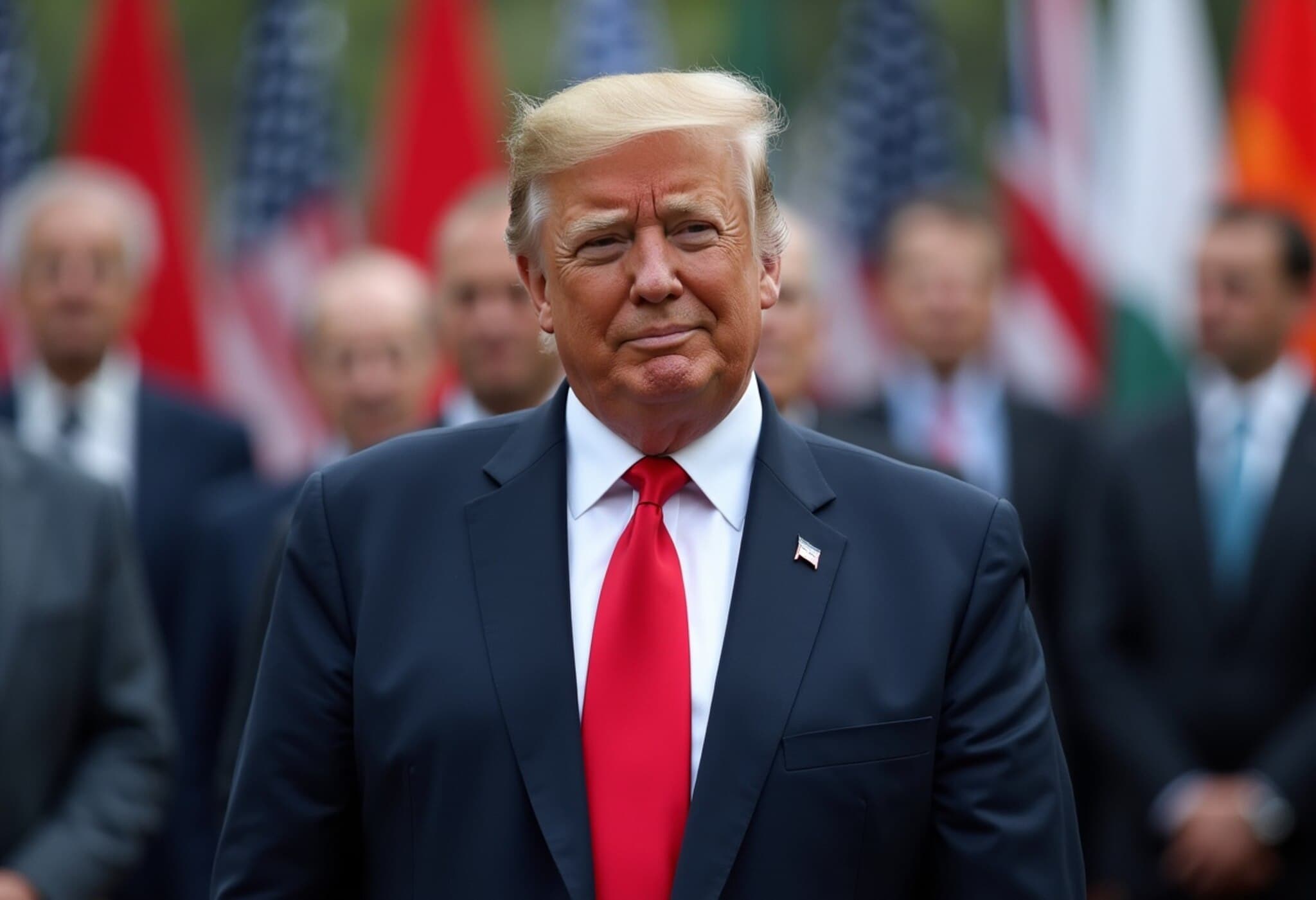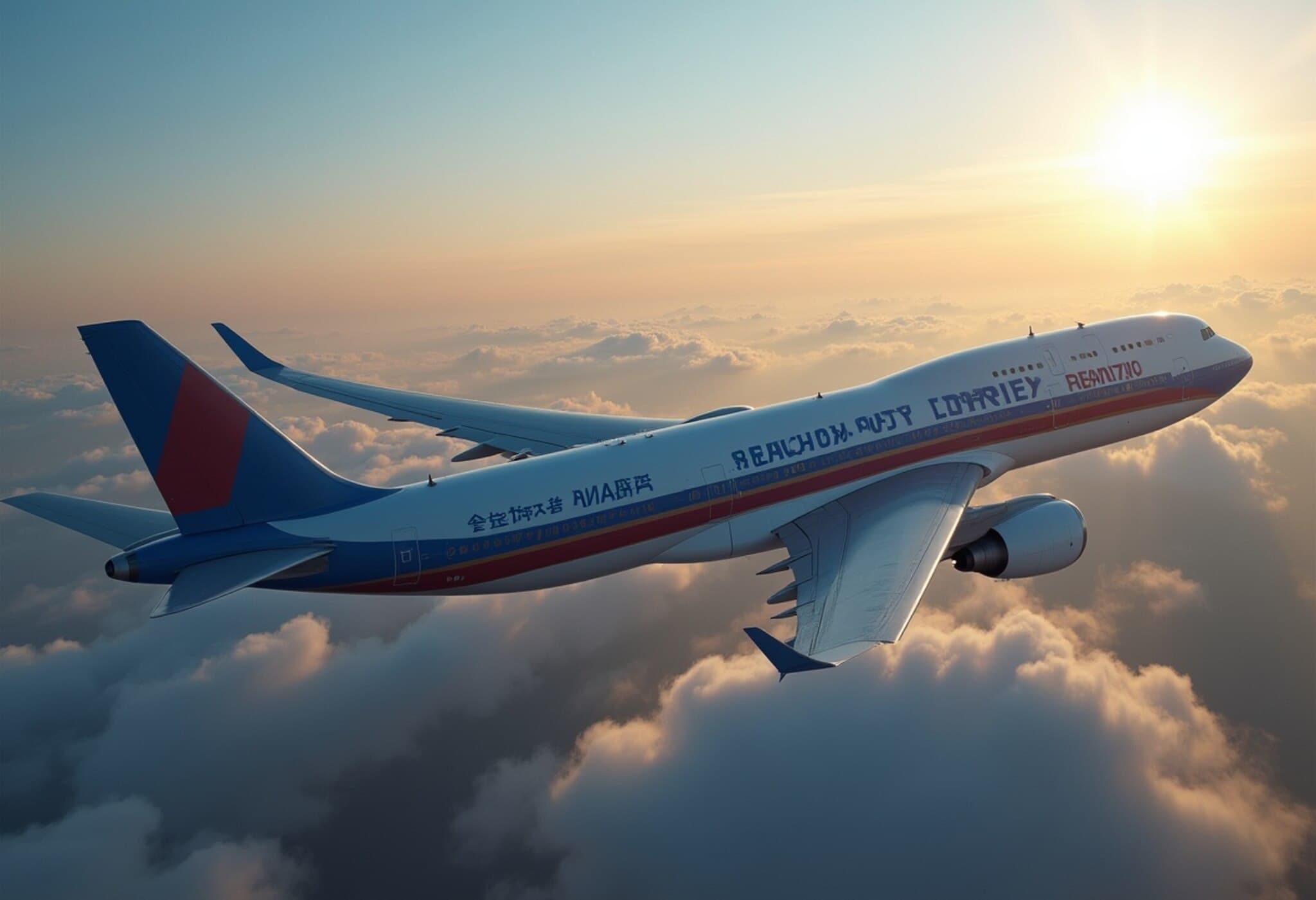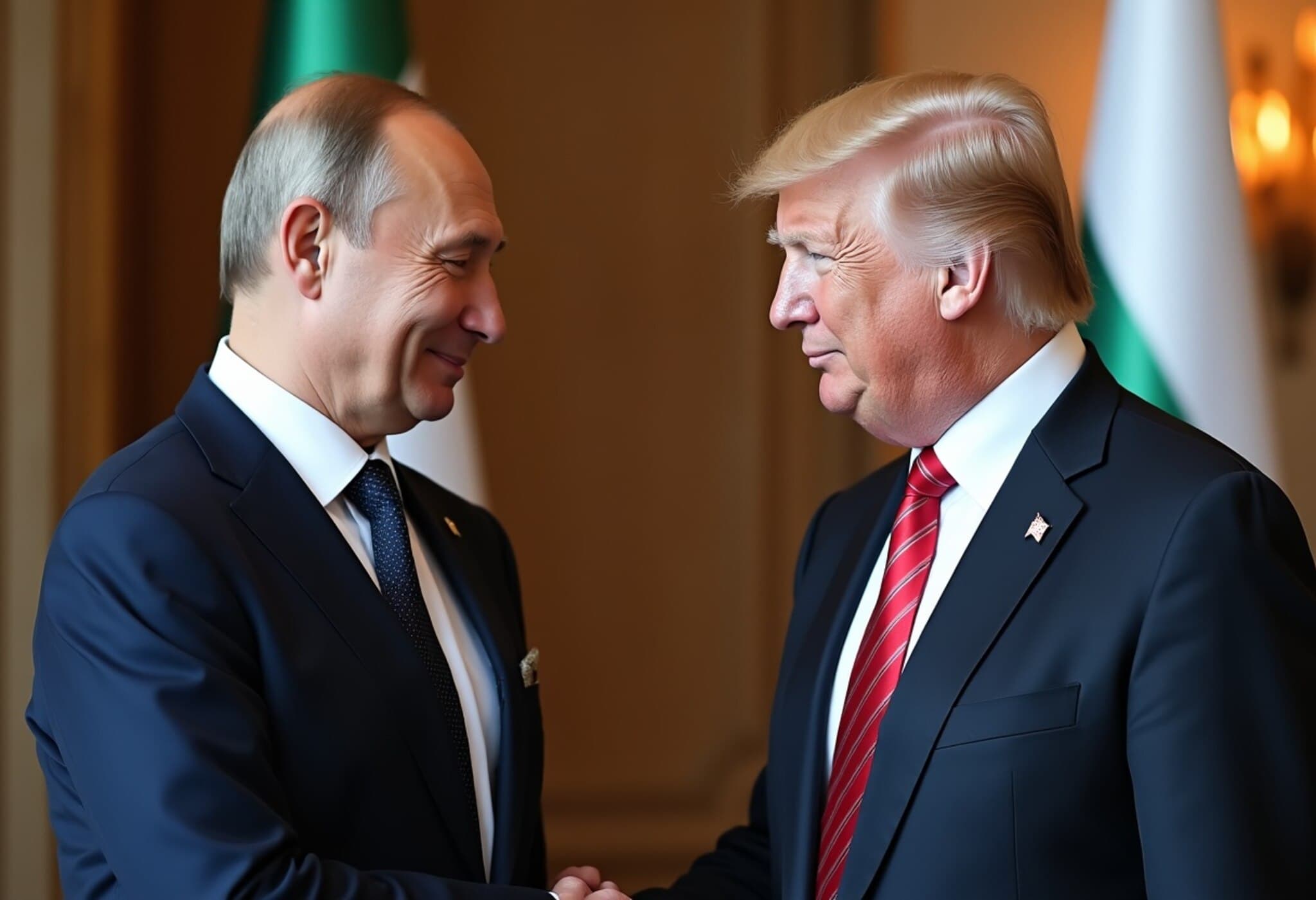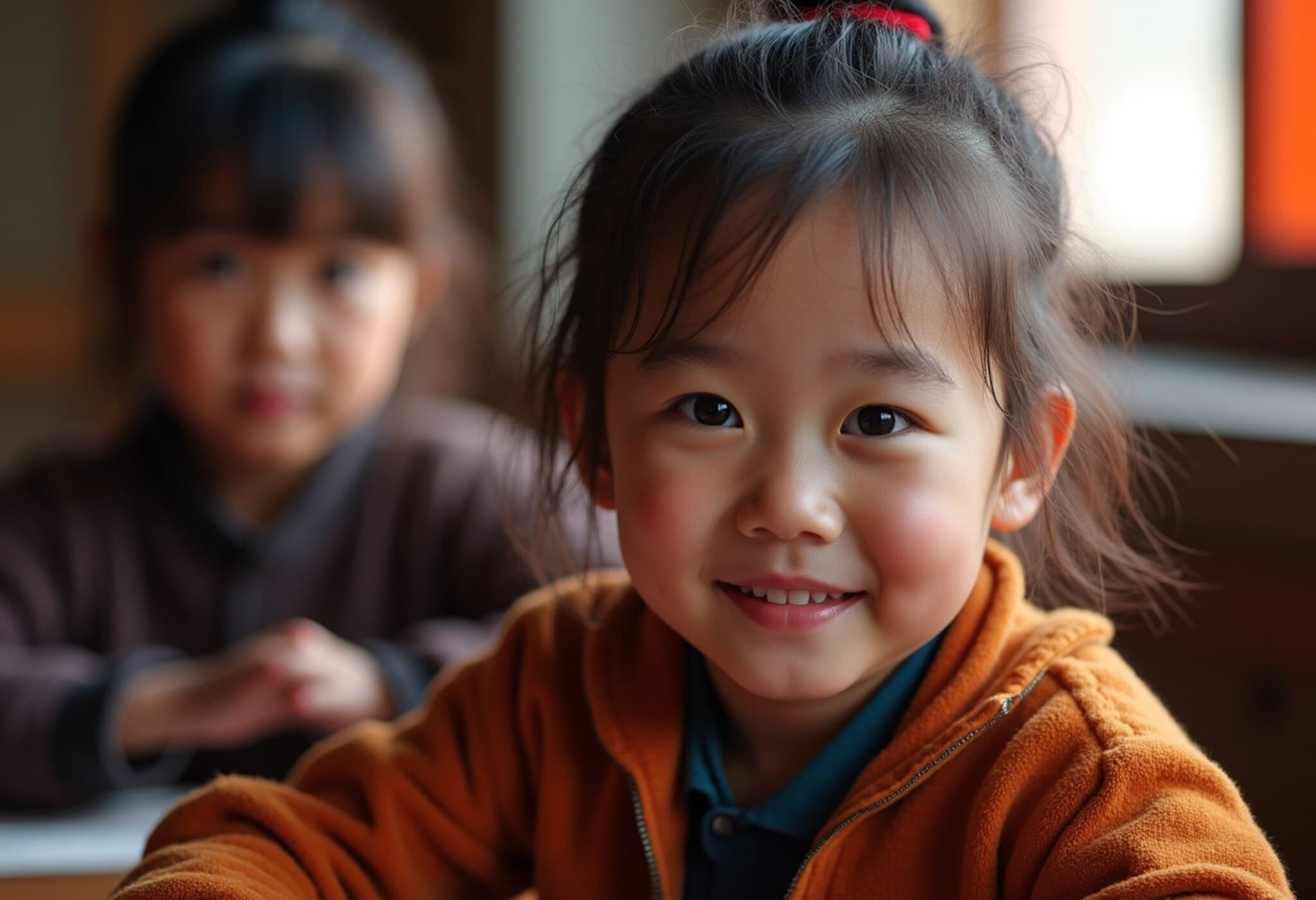Russian Foreign Minister Sergei Lavrov Visits North Korea Amid Growing Ties
In a significant diplomatic development, Russian Foreign Minister Sergei Lavrov met with North Korean leader Kim Jong Un on July 12, 2025, in the coastal city of Wonsan, North Korea. The encounter marks a new chapter in the burgeoning relationship between Moscow and Pyongyang, as both nations seek to strengthen military, economic, and diplomatic cooperation against a backdrop of extensive international sanctions and global geopolitical tensions.
High-Profile Meeting Highlights Strategic Partnership
The Russian Foreign Ministry confirmed the meeting on its official Telegram channel, sharing images of Lavrov shaking hands and embracing Kim Jong Un. This visit is part of a series of high-level exchanges signaling a closer alliance. Lavrov’s discussions with North Korean Foreign Minister Choe Son Hui underscored mutual priorities, particularly regarding the ongoing conflict in Ukraine.
According to statements reported by Russian state media, North Korean officials have reiterated "full support" for Russia's military objectives in Ukraine. Notably, Pyongyang has supplied Russia with artillery rounds and missile technology and dispatched hundreds of troops to the Kursk region to bolster Moscow's efforts against Kyiv’s forces. Kim Jong Un has personally honored North Korean soldiers who have died in this joint military endeavor, an unprecedented gesture reflecting deepening military integration.
Contextualizing the Russia-North Korea Alliance
This alliance offers both countries strategic advantages. For Russia, grappling with Western sanctions and a protracted war in Ukraine, North Korea presents a willing partner capable of providing military support and diplomatic backing in international forums like the United Nations. From Pyongyang’s perspective, aligning with Russia enhances its geopolitical standing and access to technology and weaponry, which remains pivotal amid ongoing sanctions imposed for its nuclear ambitions.
Experts note this cooperation raises concerns for global security. The military agreement signed last year by both nations includes a mutual defense clause, signaling a formalized strategic partnership beyond ad-hoc support. Russian President Vladimir Putin’s rare visit to North Korea last year laid the groundwork for this acceleration of ties. Additionally, Russia's Defense Minister Sergei Shoigu's multiple visits to Pyongyang in 2025 exemplify sustained military dialogue and operational planning.
Underreported Dimensions and Broader Implications
- Undisclosed Military Coordination: The full extent of North Korean troop deployment and logistics support remains unclear, raising questions about the scope of Pyongyang's involvement in the Ukraine conflict.
- Impact on U.S. and Allied Policy: The growing Russia-North Korea connection complicates American and allied efforts to contain Pyongyang’s nuclear program and Russia’s aggression, demanding a recalibration of diplomatic strategies.
- Regional Security Concerns: This partnership may destabilize Northeast Asia by emboldening North Korea’s military posture and embittering South Korea and Japan, key U.S. allies.
What Lies Ahead?
As Lavrov’s visit concludes, observers will keenly watch for joint statements or intended economic agreements that could further bind these two internationally isolated regimes. The trajectory of this relationship may well influence the balance of power on both the Eurasian and East Asian continents.
Editor’s Note: This unfolding Russia-North Korea alliance underscores the intricate nature of today's geopolitical chessboard. While global attention often focuses on direct conflicts, such strategic partnerships highlight how secondary fronts and alliances shape broader security dynamics. How will the international community respond to this deepening collaboration, and what risks does it pose to regional and global stability? These are critical questions demanding vigilant examination as events develop.


